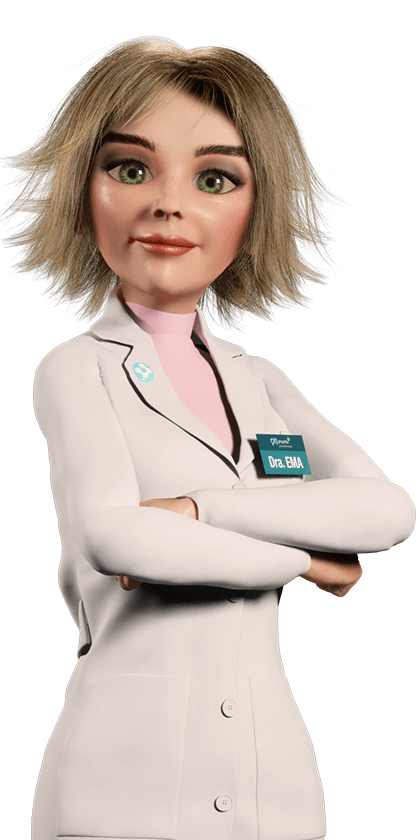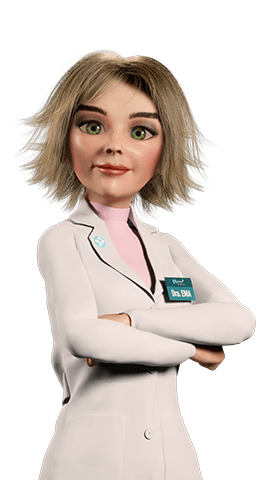Veterinary
Companion Animals - Nutrition and Health - Part 2
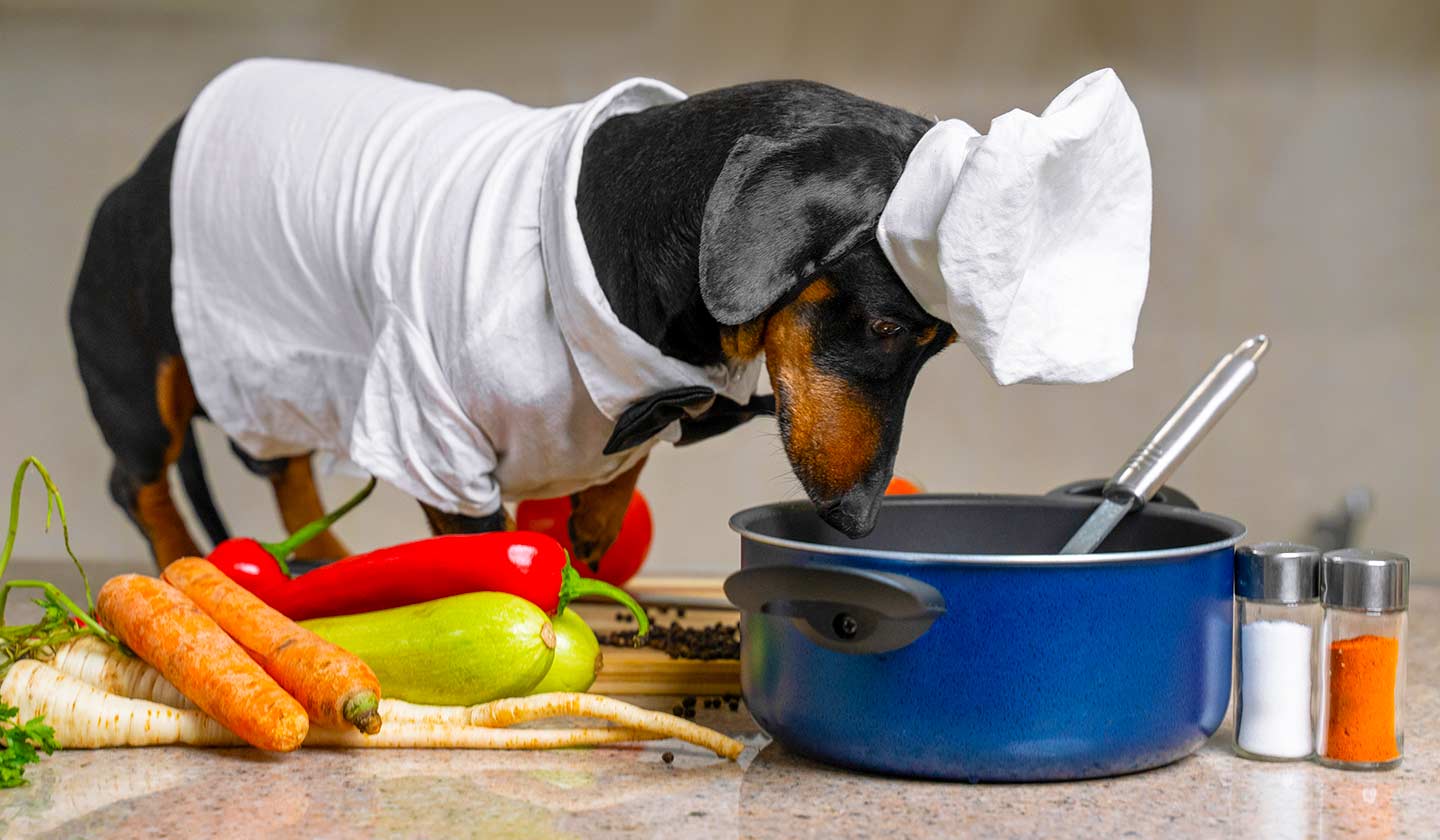
Leftovers from family meals have long since ceased to be suitable for pets. This is because they do not cover all the nutritional needs of the various breeds and successive stages of growth and development, and may even provide the animals with food that contains substances harmful to their health. Not to mention that dogs and cats have different nutritional requirements.
Specific Nutritional Needs
Dogs need a balanced dose of minerals like calcium, magnesium, zinc, iron and phosphorus, and vitamins like D, essential for sound bones and healthy teeth. They also need protein to build muscle mass, and fat to get energy from it, especially if they are active and large animals. Cats, on the other hand, are very sensitive: an unbalanced diet can cause skin and urinary problems.
The pet food industry responds to all these specificities, offering food and other products that meet the needs of each animal to grow and live healthy.
But this food is not limited to ensuring the nutritional needs of the animal. It increasingly responds to specific situations such as lactation, osteoarticular, skin or hair problems, and geriatrics, offering formulas adapted to different ages, sizes, and even to the level of physical activity.
In addition, it meets very particular needs generated by diseases such as kidney failure and diabetes. There are also foods whose composition is intended to prevent health problems, such as hair loss and the formation of dental tartar.
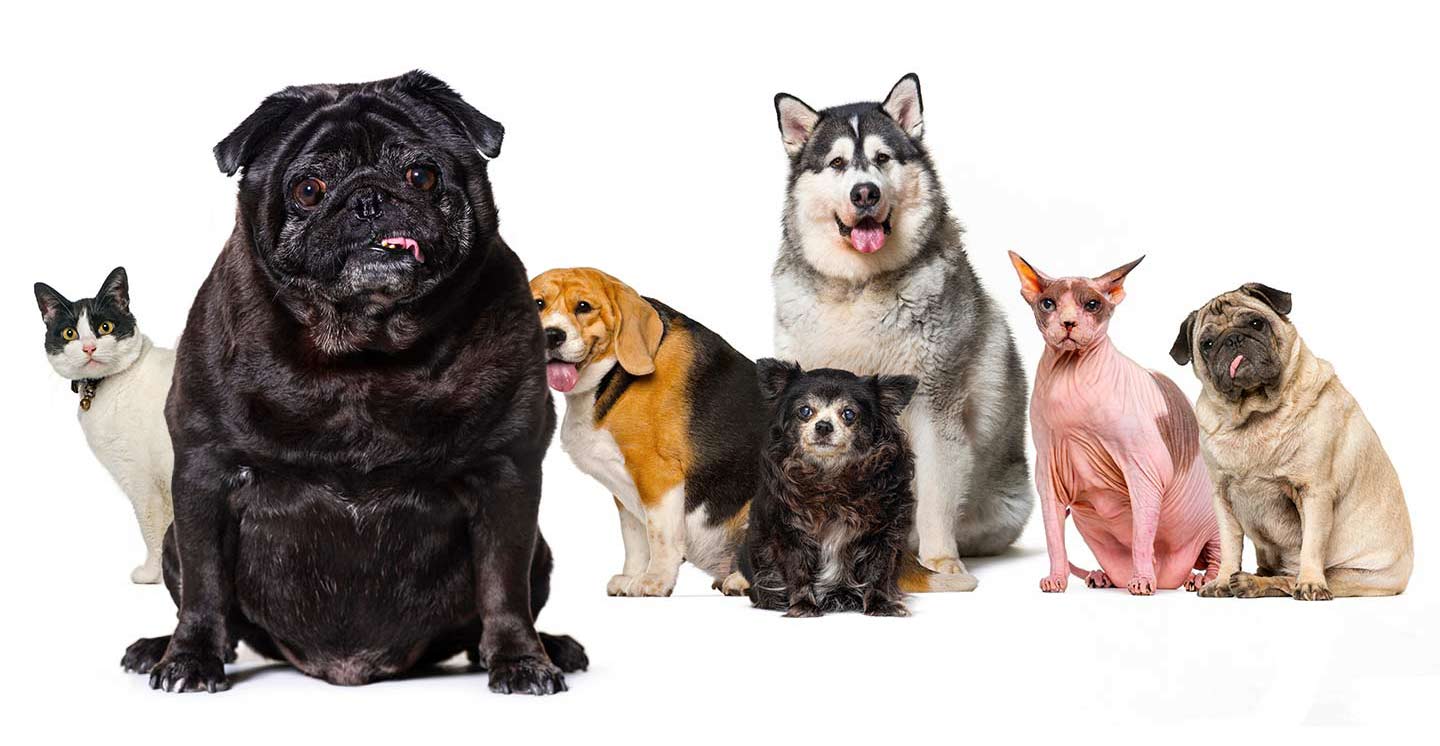
Obesity
Not to mention a problem that is increasingly current - obesity. It is a problem that, on the one hand, stems from an increasing quality of food. It seems contradictory, but the truth is that the absorption of nutrients becomes easier, leading the animal to eat more. On the other hand, the sedentary lifestyle of animals is on the rise - this is especially true for dogs and cats, who often live in apartments and benefit little from open spaces to run and jump around.
All together, this contributes to overweight animals, which paves the way for cardiovascular disease, just as in humans. To prevent and combat this risk, there are formulas with fewer calories that help to lose weight gradually, but without losing muscle mass.
Integrating an animal into the domestic environment means providing it with the most appropriate food, thinking of it and the family it interacts with. After all, the animal's health and well-being is reflected in all those who share play and affection with it.
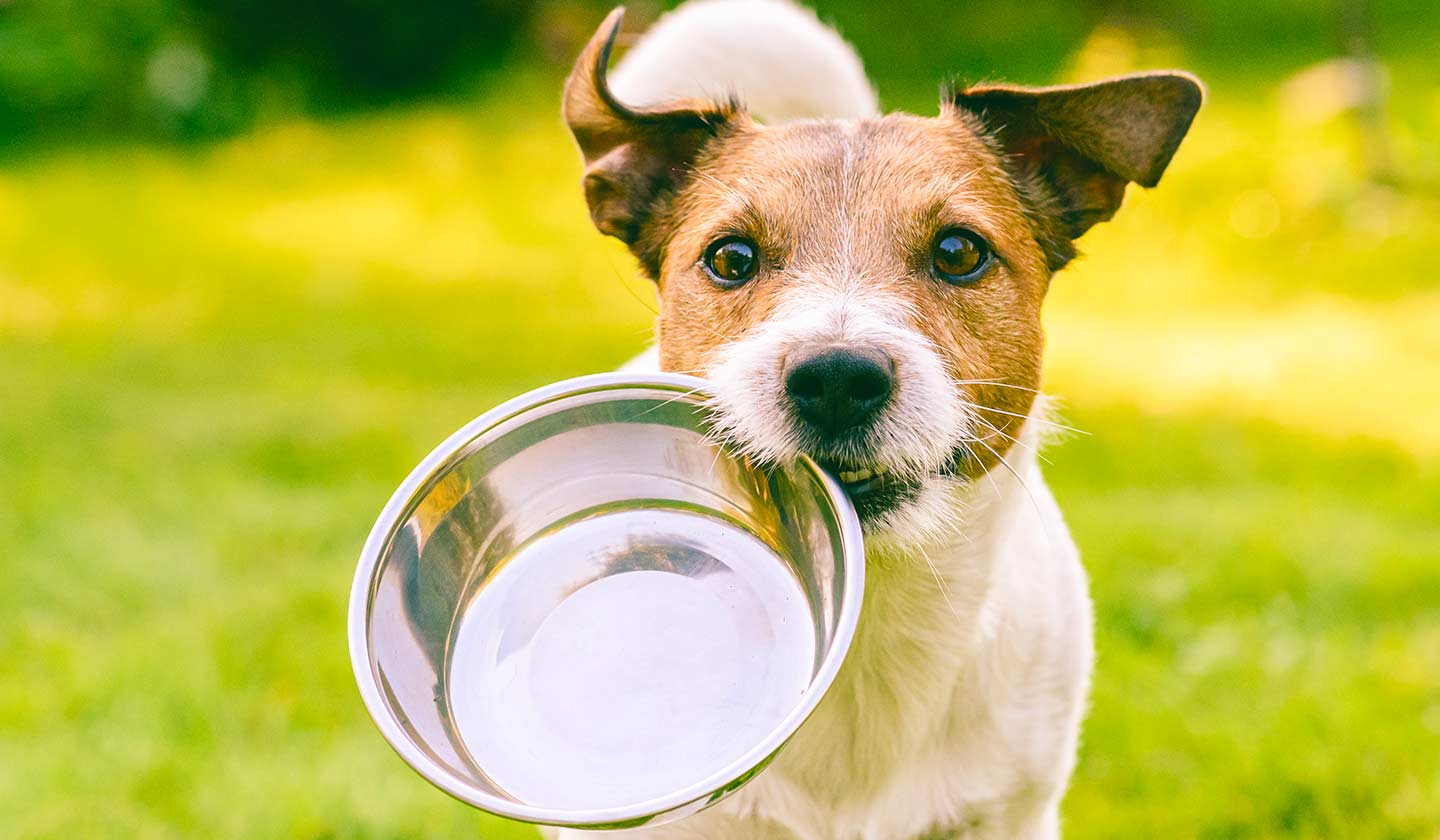
Dog Nutrition
With dogs, as with humans, we must adapt the care to be taken throughout life, so that they can enjoy a healthy aging.
About feeding, it is essential that:
- They eat 2 to 4 times a day, avoiding making only one big meal: this prevents digestive problems and overweight, and allows to detect a possible loss of appetite;
- Each dose is adapted to the age and weight of the animal;
- The feed is appropriate ensuring the contribution of protein (to counter the loss of muscle mass), antioxidants (to stimulate the body's defenses), fiber (to prevent obesity and keep the intestine active), glucosamine and chondroitin sulfate (for joints) and omega-3 and 6 fatty acids (for skin health). It should also contain low salt content (to prevent heart problems);
- Encourage water consumption to prevent dehydration and urinary problems.
- A correct diet delays and prevents some health problems associated with aging. Opt for specific dog foods. These, unlike homemade food, guarantee their nutritional balance.
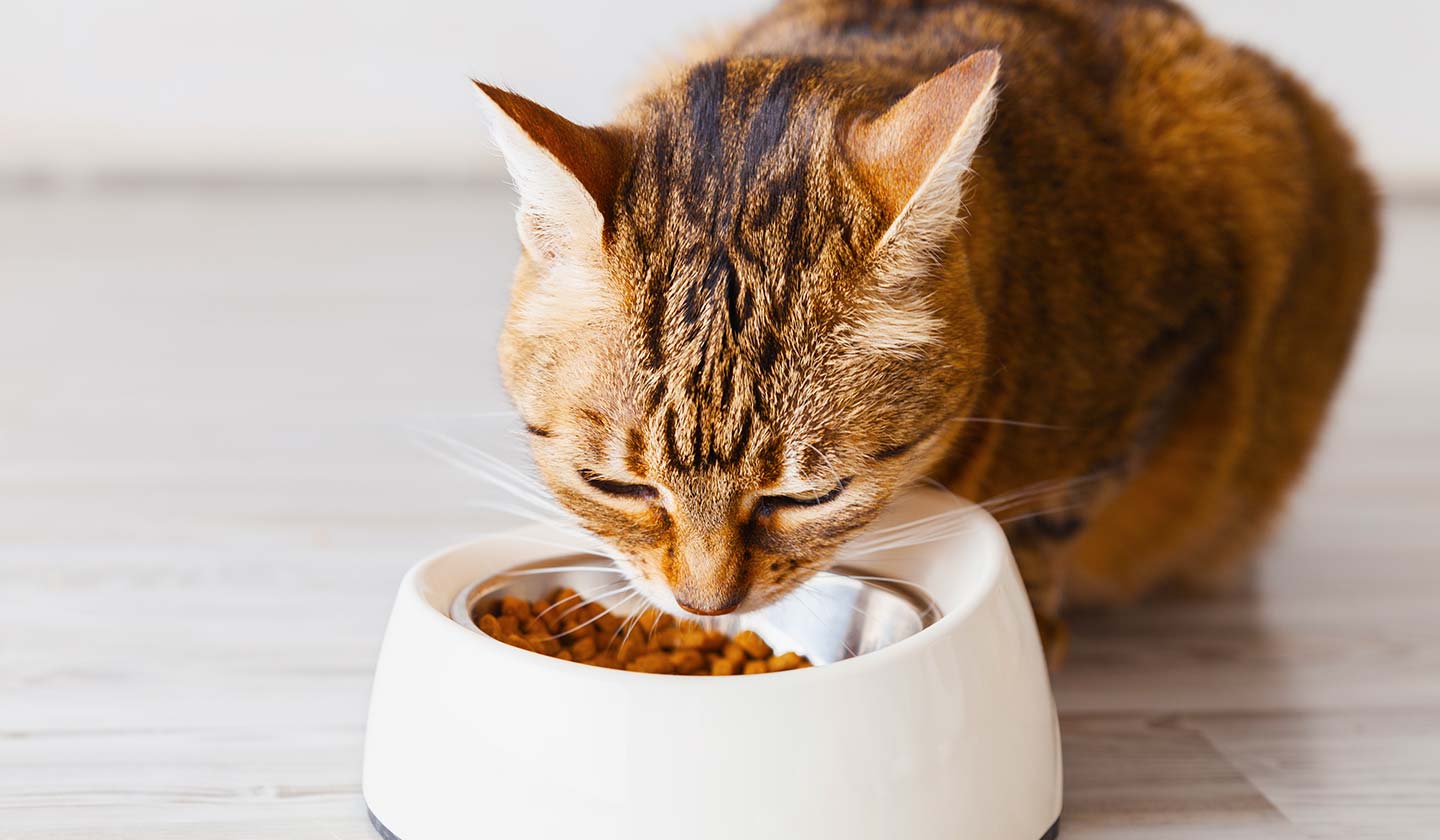
Cat Nutrition
In cats we must adapt the care to be taken throughout life so that they can enjoy a healthy aging.
About feeding, in older cats it is important that:
- Meals are more frequent than usual and the portions per meal reduced;
- Feeds have high quality protein, minerals and vitamins, and are low in calories to prevent weight gain;
- Be encouraged to eat (loss of sense of smell can create disinterest in food);
- Drink water frequently (to prevent dehydration);
- A correct diet delays and prevents some health problems associated with aging. Opt for specific cat food. These, unlike homemade food, ensure their nutritional balance.
A correct diet delays and prevents some health problems associated with aging. Opt for specific cat food. These, unlike homemade food, ensure their nutritional balance.
Caring for an Animal in the Elderly
Caring for an animal in its old age also means adjusting hygiene: thus, bathing should be reduced to once a month, with products suitable for sensitive skin. On the other hand, eye and ear hygiene should be more frequent.
Sources
Boletins I Saúde
Farmácias Portuguesas
Também lhe poderá interessar
Veterinary
